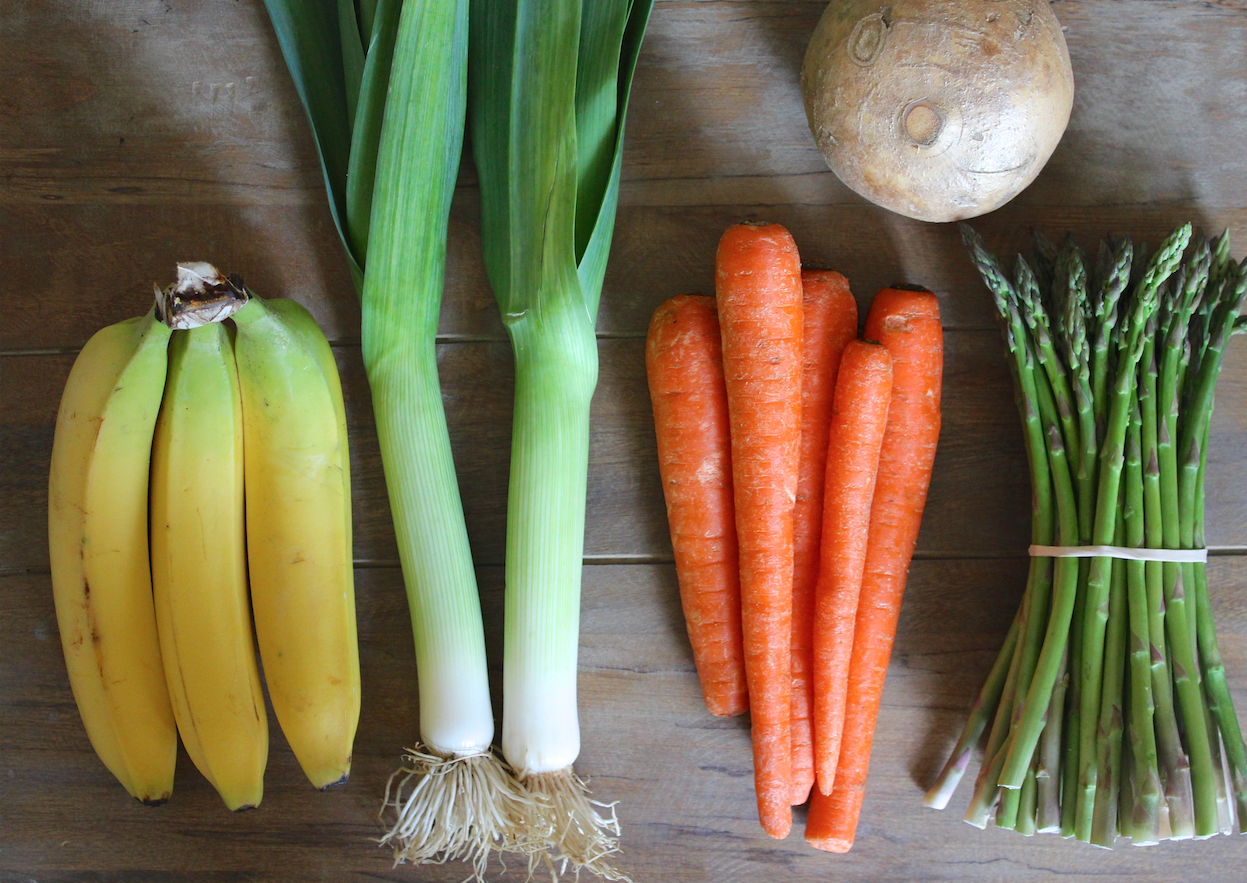While many of us are familiar with probiotics, we cannot forget about their counterpart – prebiotics. Let’s explore the importance of prebiotics and how to ensure our body gets them.
About the digestive tract
An entire ecosystem of living microorganisms calls your digestive tract home. In fact, 300–500 bacterial species and some yeasts play house in your intestines. When healthy and properly balanced, your gut flora communicates with your immune system and participates in metabolic processes beneficial to both you and the bacteria, according to “Gut Bacteria in Health and Disease” by Eamonn Quigley.
However, lifestyle factors like diet and antibiotic use can alter gut flora, causing it to become unbalanced. Quigley reported that unbalanced gut flora plays a role in irritable bowel syndrome, inflammatory bowel disease, obesity, metabolic syndrome and nonalcoholic liver disease.
Probiotics
Clearly, it is in our best interest to keep our gut flora as healthy as possible. Probiotics are one way to support the community of microorganisms in your gut. Probiotics are “good” gut bacteria found in supplements and fermented foods that repopulate the gut and help balance gut flora so that there are more “good guys” than “bad guys.”
Prebiotics
Another way to support gut health is with probiotics’ friend, prebiotics. Prebiotics provide the nutrients probiotics need to grow and thrive. Think of probiotics as plants and prebiotics as water mixed with fertilizer.
Foods contain prebiotics in the form of a fiber that cannot be digested by humans, but can be digested by gut bacteria. The undigested fiber travels intact to the large intestines where bacteria ferment the fiber. According to Joanne Salvin, author of “Fiber and Prebiotics: Mechanisms and Health Benefits,” fermentation results in the extraction of nutrients that feed the bacteria, maintain the health of the intestinal lining and inhibit the growth of “bad” bacteria.
Joanne Salvin also reported that although research on prebiotics is limited, it is suggested that prebiotics reduce the frequency and duration of diarrhea from infection or antibiotic use; reduce the inflammation and symptoms of inflammatory bowel disease; provide protective effects to prevent colon cancer; enhance absorption of minerals including calcium, magnesium and possibly iron; lower some risk factors for cardiovascular disease; promote satiety and weight loss; and prevent obesity.
Prebiotic foods
Prebiotics are fiber, but not all fiber is prebiotic. The following high-fiber foods are prebiotic.
- Raw garlic
- Raw or cooked onions
- Raw or fermented asparagus
- Raw dandelion greens
- Raw leeks
- Fermented foods
- Raw jicama
- Jerusalem artichokes (tubers that are more like potatoes then artichokes)
- Unripe, green-tipped bananas
- Cooked and cooled potatoes
- Raw chicory root
- Sweet potatoes
- Carrots
- Squash
- Fennel
Note that cooking prebiotic foods will cause some loss of prebiotic fiber, but it is not known exactly how much will be lost.
According to Chris Kresser’s “Clinician’s Guide to Digestive Disorders,” prebiotics and probiotics work synergistically, so they provide the most benefit when used together.
Related articles
How to Stay Regular When You Travel
What is Green Juice? Separating Fact from Fiction

